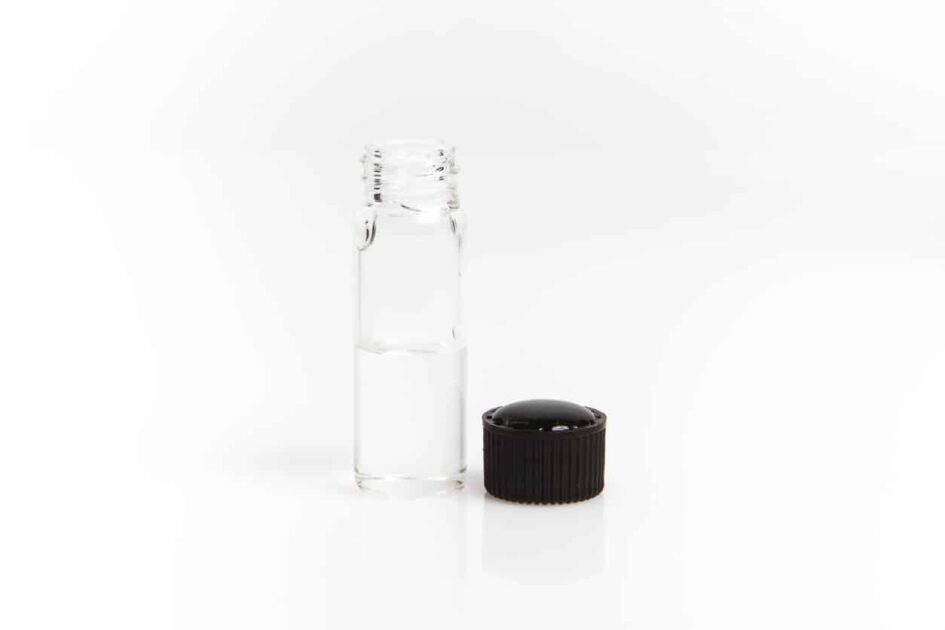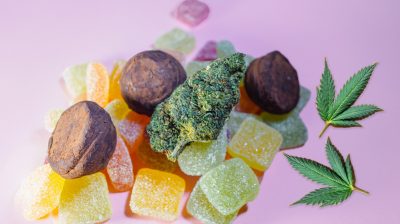How to reduce harm when taking GHB
Overdosing on G is extremely easy and can cause a person to become unconscious

Remember: All drugs, including the misuse of prescribed medication, can pose serious health risks, up to and including possible death. This article in full can be found on drugs.ie.
If you choose to take G, there are steps you can take to help reduce the risk. Taking G is illegal, but if you experience an emergency situation call an ambulance immediately. The ambulance service are not the Gardaí.
Ways to reduce harm if taking G
It is very easy to overdose on G as there is not much difference (less than a millilitre) between the dose that gets a person high and one that has them ‘going under’. Overdose can happen with little warning. The effects of G vary from person to person. A dose that can make one person high can make another person unconscious.
- Always pre-measure G carefully
- Avoid swigging from the bottle
- Prepare your own G – avoid using someone else’s G
- Prepare G before a night out/party and only take a certain amount with you so you are not tempted to use more
- Use a glass eye dropper, syringe barrel or pipette that is measured in millilitres in order to know how much you are consuming. (Avoid using teaspoons, containers or caps to estimate the quantity)
Start with a low amount and take it slowly
Always use as low a dose of G as possible and wait until the effects are felt. Wait at least four hours before taking a second dose. Each container of G may vary in concentration and strength. There is no way of knowing how concentrated or pure it is. Starting with a test dose will help calculate further doses. Because G affects memory, it can be difficult to remember when it was last taken. Preset alarms or write down times in a G diary so there is a reliable record of time.
Take G orally
Avoid snorting or injecting G. It is extremely dangerous to inject G even when constituted with water or other dilutions.
Alcohol and G
Avoid mixing G with alcohol. Mix with water, soft drinks or juice. Alcohol mixed with G can increase the risk of overdose (or going under) and can delay the amount of time it takes for G to take effect, this can interfere with safer dosing.
G and other drugs
Avoid using G with other drugs. This carries a risk of overdose. Mixing two or more substances, especially sedative drugs (ketamine & benzodiazepines) at the same time can increase the risk of going under or death. The use of G with stimulants (crystal meth, coke, snowblow) increases the risk of paranoia, hallucinations and aggression. HIV medications can increase the effects of G. It is advisable to use a lower dose of G if using these type of medications.
G and other medical conditions
Avoid taking G if you have high or low blood pressure, epilepsy, convulsions, heart or breathing problems, depression or panic attacks.
Think about tolerance
Tolerance to G can develop quite quickly meaning more of the drug is needed to get the same effect. Try to keep track of your tolerance, writing down how much you take. If you have not taken G in a while, your tolerance may decrease. A change in tolerance can result in an overdose or death even if you restart at a small dose. Developing a tolerance to G will not protect against overdose. You can still overdose on G if you have developed a tolerance or dependency.
Only use G with people you trust
If possible, avoid using G alone and always use with people you trust in a safe environment. Ideally, there should be someone present who is not using G, who can monitor your consumption and the after-effects. Additionally, the sedative effects of G can put people in vulnerable situations and at risk of assault in clubs, festivals or private parties.
Use condoms
G use increases sex drive and lowers inhibitions. Always use condoms when having sex while using G.
Store your G safely
You can apply food colouring to G to differentiate it from other liquids. Don’t leave G in plastic bottles at home, parties or in clubs in-case it is mistakenly consumed.
G is addictive
G is physically addictive and dependence to G can develop quickly. Try to avoid frequent use and don’t use for more than two days in a row.
Don’t suddenly stop taking G
If you have developed a dependence to G, don’t suddenly stop using yourself. If you want to stop your G use, get information on a structured detoxification from your GP or local drug service. Withdrawal should be a slow, tapered process, with medical supervision by a doctor.
G withdrawal
G withdrawal can cause serious physical and mental health problems. Withdrawal symptoms can occur if you are dependent, reduce or miss a dose. Seek medical help from your local hospital if you experience acute withdrawal symptoms and have no G.
Seek medical help if needed
Seek medical help if you or a friend has used too much G. Don’t assume that people will ‘sleep it off’. A G overdose should be treated seriously. Going under on G can lead to seizures, coma, or death. Do not use other drugs in the hope of reversing the effects of G.
G reminder
Because G leaves the system quickly, it might be undetectable in your system by medics if you go under. Carry a ‘G card’ so medics know what you have taken. If you don’t have a G card, you could write ‘G’ or’ GHB’ on your hand or the inside of your wrist.
If you see someone ‘going under’ on G:
- Place them in the recovery position to prevent them from choking
- Seek medical help by calling an ambulance on 112
- Don’t take any more drugs
- If you know what they have taken, be truthful and tell the medics. If available, give the medics the bottle or what is left of the G
- Stay with the person until assistance arrives
Support services
- Drugs.ie: Online information and support for drug and alcohol use. Includes a national directory of drug and alcohol services
- HSE Drugs, Alcohol, HIV, Hepatitis and Sexual Health Helpline: Freephone 1800 459 459.
- The Club Drug Clinic offers advice, support and detoxification for GHB (Liquid Ecstasy, G) and other chemsex and club drugs is an integrated person centered specialist addiction service
- Rialto Community Drug Team
- Find a local service through the National Directory for Drug and Alcohol Services at Drugs.ie/services






